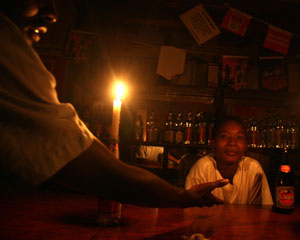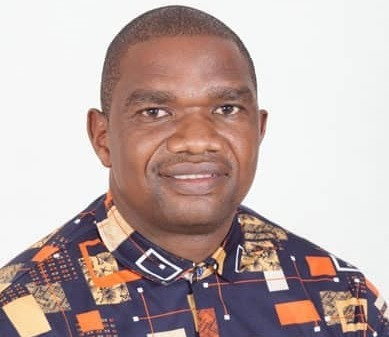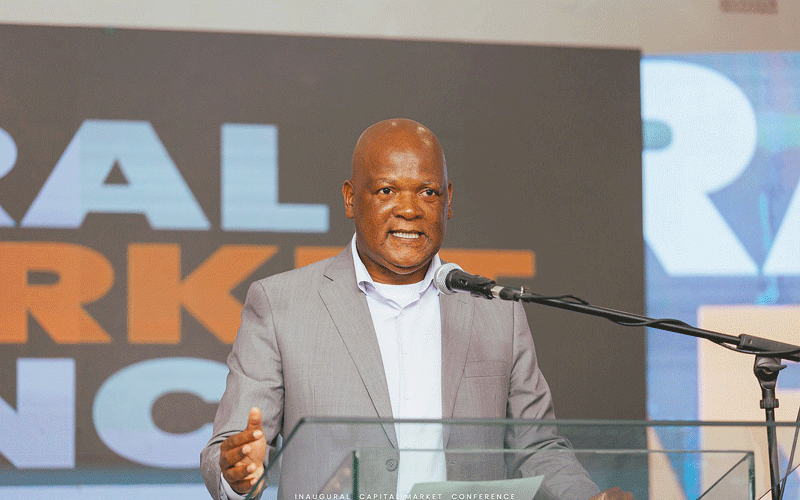
THE Zimbabwe Energy Regulatory Authority (Zera) has completed a study on renewable energy feed in tariffs (Refits) for applicable technologies in a move aimed at enhancing the country’s power supply situation.
BY KUDZAI CHIMHANGWA
Zimbabwe is reeling from the negative effects of intermittent power supplies and load-shedding, a situation that has adversely affected all facets of the economy.
Refit is a policy instrument that makes it mandatory for energy companies or utilities responsible for operating the national grid to purchase electricity from renewable energy sources at a pre-determined price that is sufficiently attractive to stimulate new investment in the renewables sector.
Zera chief executive, Gloria Magombo told Standardbusiness that the tariffs now awaited adoption by government.
Refits were primarily aimed at encouraging and supporting greater private sector participation in power generation from renewable energy technologies, through the establishment of an appropriate regulatory framework.
The Feed in Tariffs were developed for renewable energy technologies such as solar photovoltaic (PV), solar hydro, biomass, bagasse and wind.
Analysts say moving towards renewable energies would be a first step towards efficient industrialisation.
- Chamisa under fire over US$120K donation
- Mavhunga puts DeMbare into Chibuku quarterfinals
- Pension funds bet on Cabora Bassa oilfields
- Councils defy govt fire tender directive
Keep Reading
“The Refit programme is going to promote the development of RE projects with capacity from 100KW to 10MW. The tariffs for projects with capacity that is greater than 10MW will have to be negotiated on a case by case basis as they do not qualify for the Refit programme,” Magombo said.
She said the authority had also developed net metering regulations which are expected to be finalised and implemented before the end of 2014.
Net metering is meant to promote small-scale renewable energy generators such as rooftop PV to be connected to the grid and provide an ability to export or feed in surplus energy into the grid.
This has the effect of reducing bills for the owners of the generators and also reduces load-shedding, particularly during the day.
“Projects that are less than 100kW in capacity are going to be considered under the net metering programme,” said Magombo.
The programme is set to be implemented this year once it is adopted by government.
Zera has to date licensed a number of renewable energy projects which include Nyamingura Renewable Energy small hydro project (1,1MW), Duru (2,2MW) and Pungwe A (2,7MW).
A number of countries the world over are rapidly adopting renewable energies.
The South African acknowledges that the country has a high level of renewable energy potential and presently has in place a target of 10 000 gigawats per hour (GWh) of renewable energy.
The department of energy has determined that 3 725 MW are to be generated from renewable energy to ensure the continued uninterrupted supply of electricity.
Germany’s renewable energy sector is among the most innovative and successful worldwide with its share of electricity produced from renewable energy increasing from 6,3% of the national total in 2000 to about 25% in the first half of 2012.










